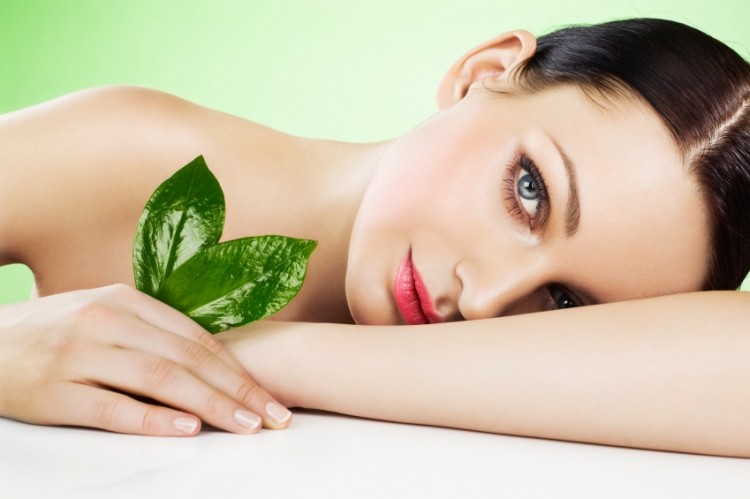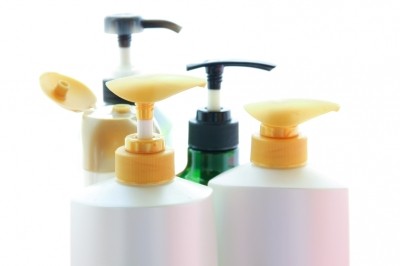Sustainable Cosmetics Summit Europe reveals major outcomes

Circular supply chains and the purpose of certification: two key topics
One of the major outcomes from the summit was that cosmetic and ingredient firms need to move from linear to circular models.
A number of speakers highlighted the need to move to ‘closed loops’ whereby waste (used products and / or packaging) finds new applications, note the show’s organisers, Ecovia Intelligence.
“With over-reliance on landfill and marine pollution becoming major concerns, the cosmetics industry needs to move away from traditional thinking of waste if it is to become more sustainable,” they say.
The role of certification schemes was also a key topic of debate by key speakers. Some stated it legitimises marketing claims, whilst others said honest communications were more important.
CosmeticsDesign’s top picks
Presentations from H&M, Lush, L’Oréal and Boots provided some of the most valuable sessions at the summit.
Malin Lundahl from H&M gave a paper on the ‘key sustainability lessons from the fashion industry’, suggesting ways some of its best practice could be adopted by beauty and personal care players/
To make sustainability fashionable, the retail group has launched H&M Conscious Exclusive collections, which use sustainable materials. It also has Ecocert-certified products in its H&M Conscious Beauty range.
Traceability and transparency were cited as major sustainability challenges faced by personal care retailers by Andrew Jenkins, sustainability manager, Boots.
Jenkins suggests the way forward is radical transparency whereby companies disclose what they know and do not know.
Another organisation to give a presentation focused on a potential solution to traceability issues: DNA Gensee demonstrated how genetic fingerprinting can be used to provide tracking of green ingredients.
Jenkins (Boots) also suggests that deforestation, chemical management, waste & the circular economy, and ocean pollution were stated as other major challenges for retailers.
Gabbi Loedolff from Lush gave some insights into how the ethical cosmetic brand is undertaking sustainable sourcing. It set up the Lush Fund in 2010 to finance sustainable farming and community projects in various parts of the world. A key lesson from Lush is that a participatory approach provides most returns.
And finally, L’Oreal showed how it is reducing the environmental impact of its products by the eco-design approach; it is focusing on biodegradability and water footprint in new product formulations.






















